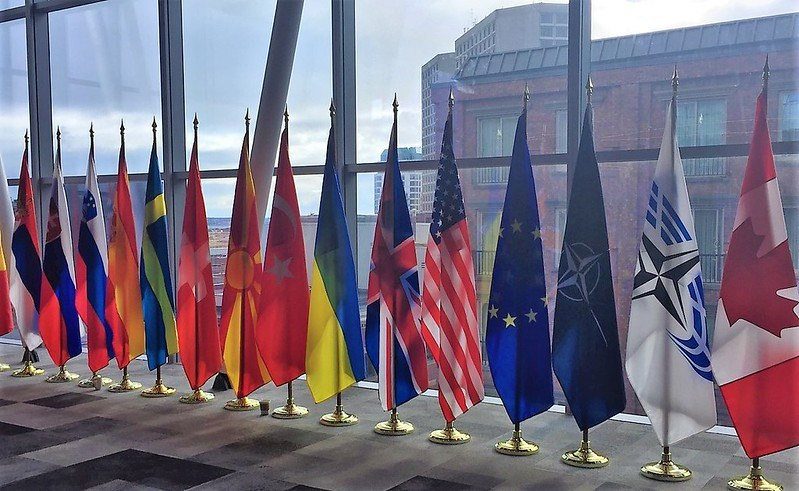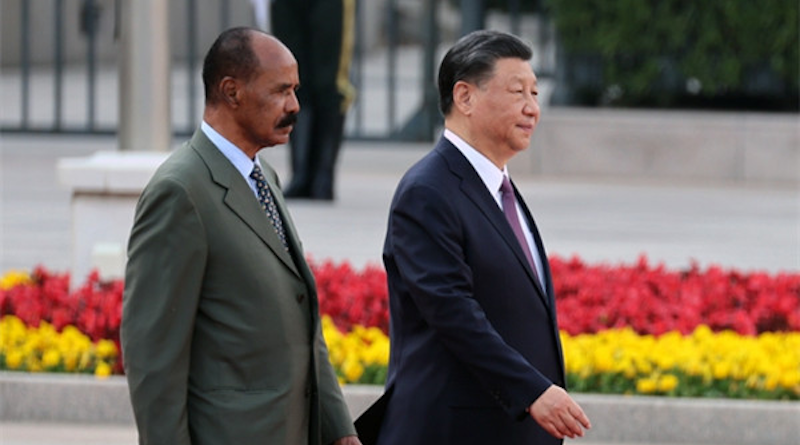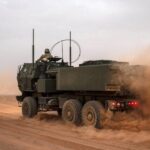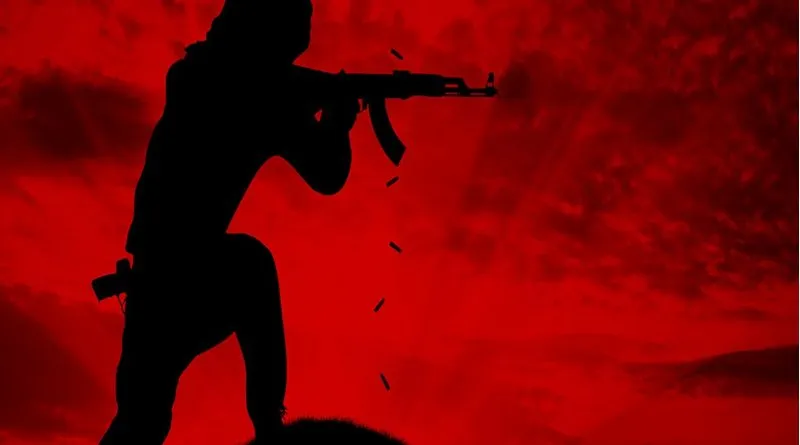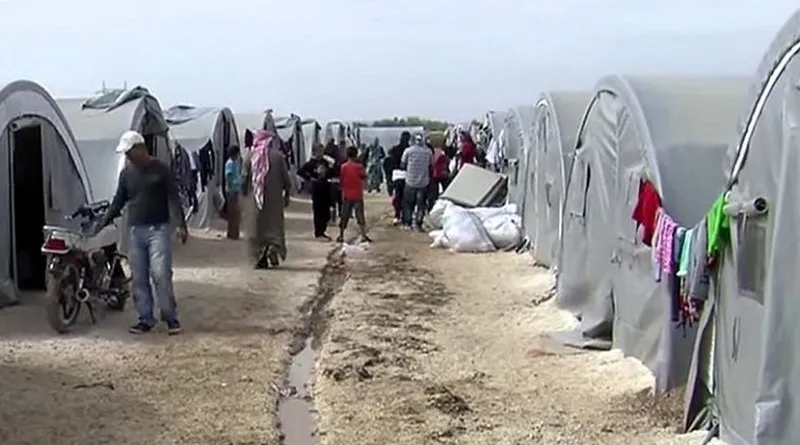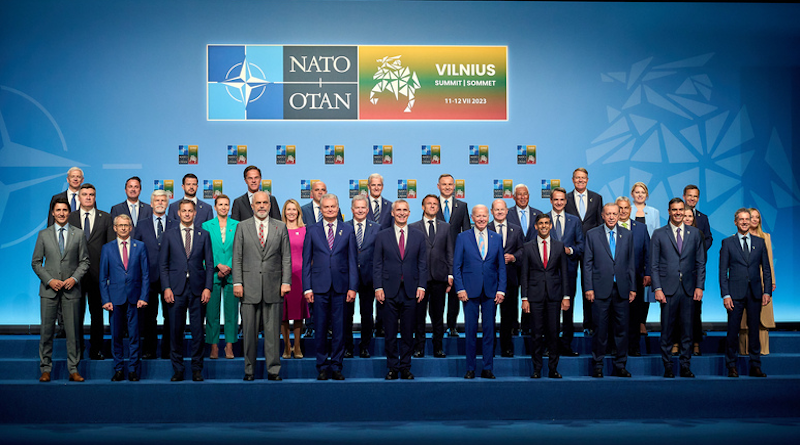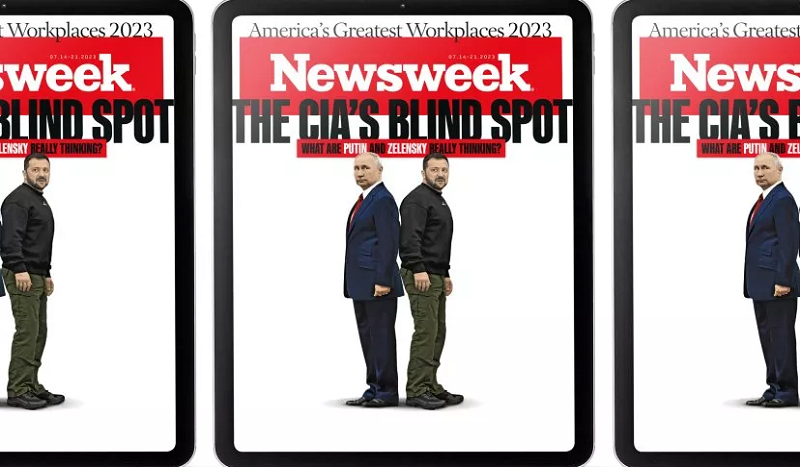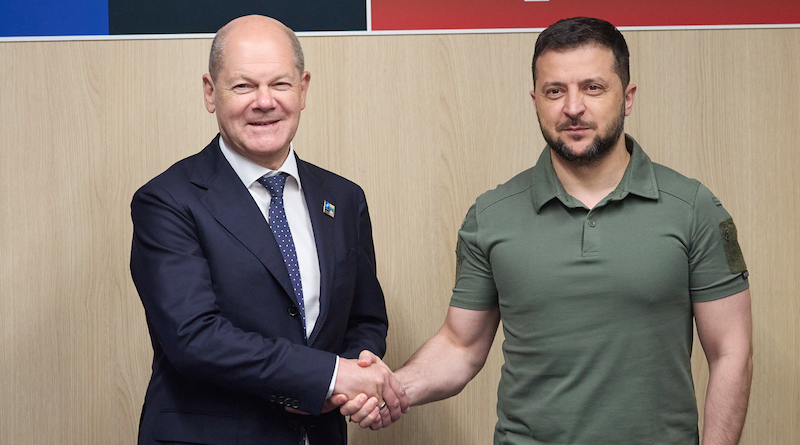The ‘Useful Idiots’ In Western Academia Are Really ‘Conscious Conspirators’ Serving China – OpEd
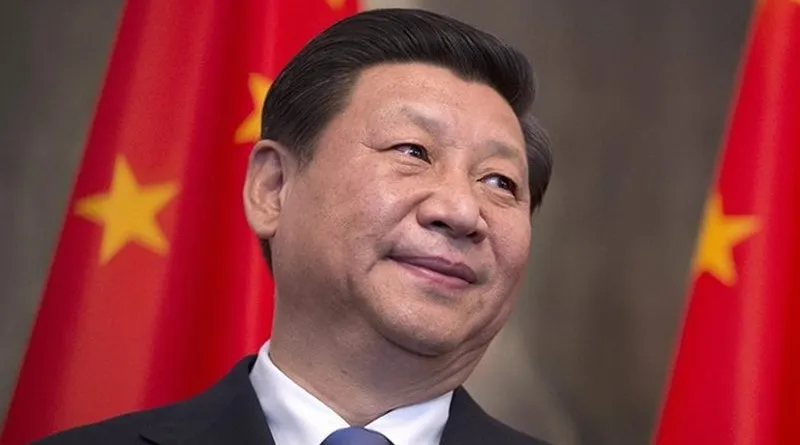
Viruses worm their way into living cells, change the structure of the host cells from within, take over the cells’ reproductive process, use the cells’ own machinery to make copies of themselves, and conquer and kill the host. Routine antibiotics do not work while fighting viruses. You need a molecule that prevents the process by which the virus duplicates itself, or you need a vaccine to make your cells vigilant to such viruses and treat it as a foreign object.


